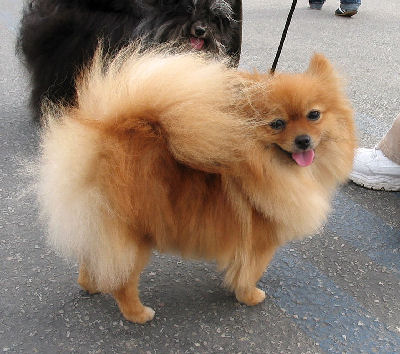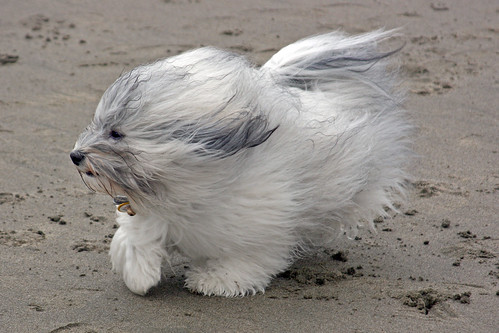Small Dogs
This breed requires expert veterinary attention in areas such as birthing and dental care. Chihuahuas are also prone to some genetic anomalies, often neurological ones, such as epilepsy and seizure disorders.
Chihuahuas, and other toy breeds, are prone to the sometimes painful disease hydrocephalus. It is often diagnosed by the puppy having an abnormally large head, or hydrocephalus, during the first several months of life, but other symptoms are more noticeable since "a large head" is such a broad description. Chihuahua puppies exhibiting hydrocephalus usually have patchy skull plates rather than a solid bone and typically are lethargic and do not grow at the same pace as their siblings. A true case of hydrocephalus can be diagnosed by a veterinarian, though the prognosis is grim.Chihuahuas have moleras, or a soft spot in their skulls, and they are the only breed of dog to be born with an incomplete skull. The molera fills in with age, but great care needs to be taken during the first six months until the skull is fully formed. Some moleras do not close completely and will require extra care to prevent injury. Many veterinarians are not familiar with Chihuahuas as a breed and mistakenly confuse a molera with hydrocephalus
















No comments:
Post a Comment